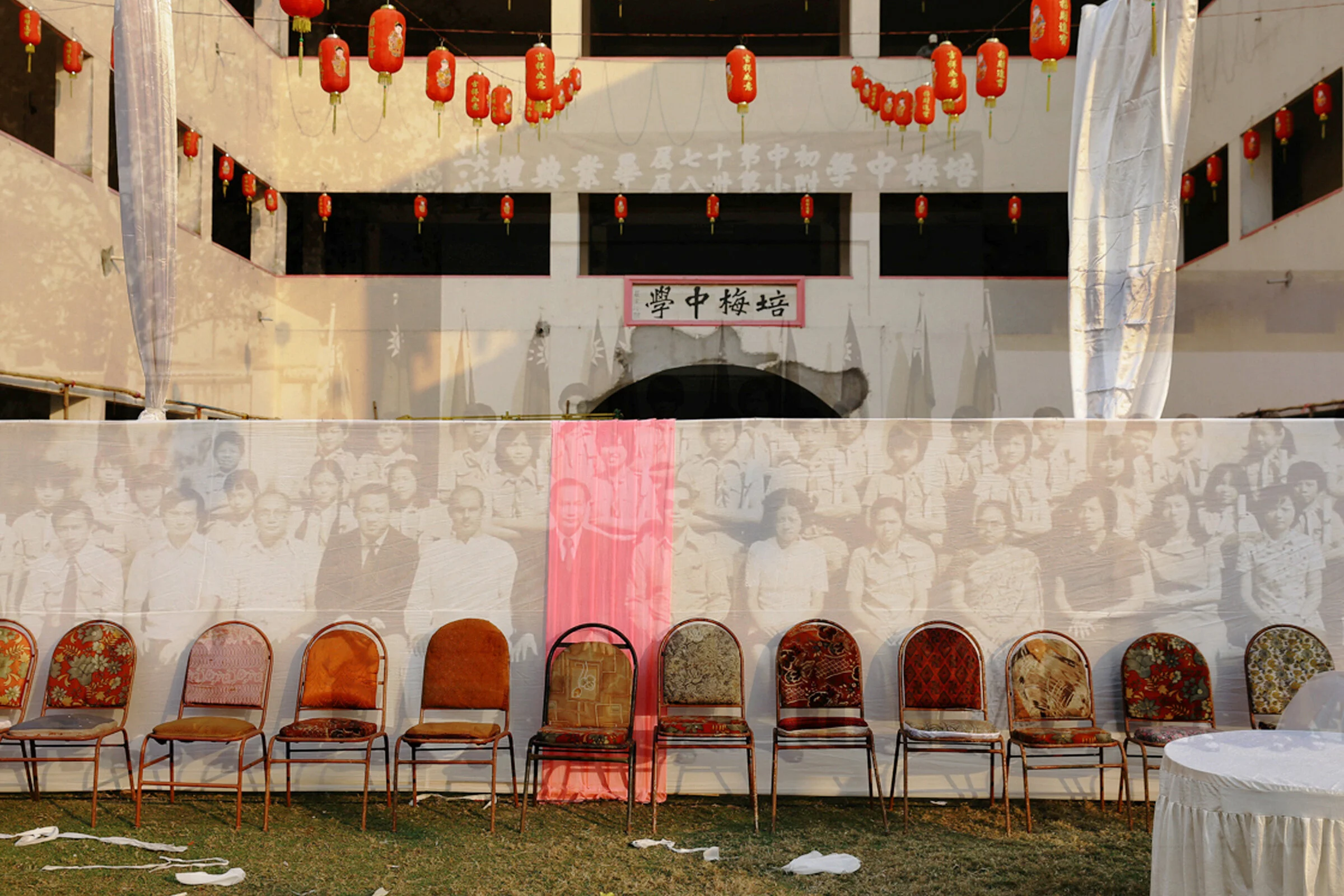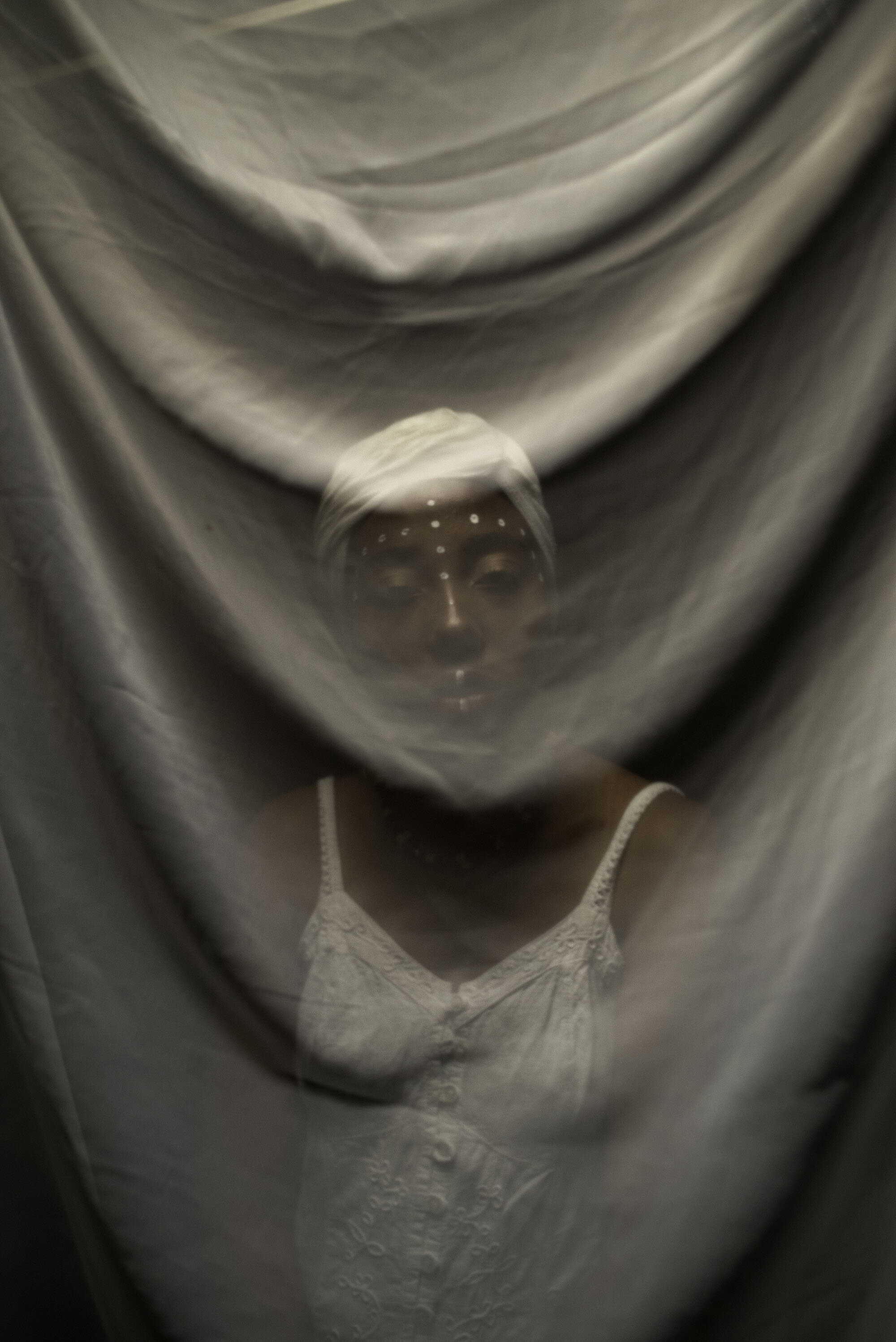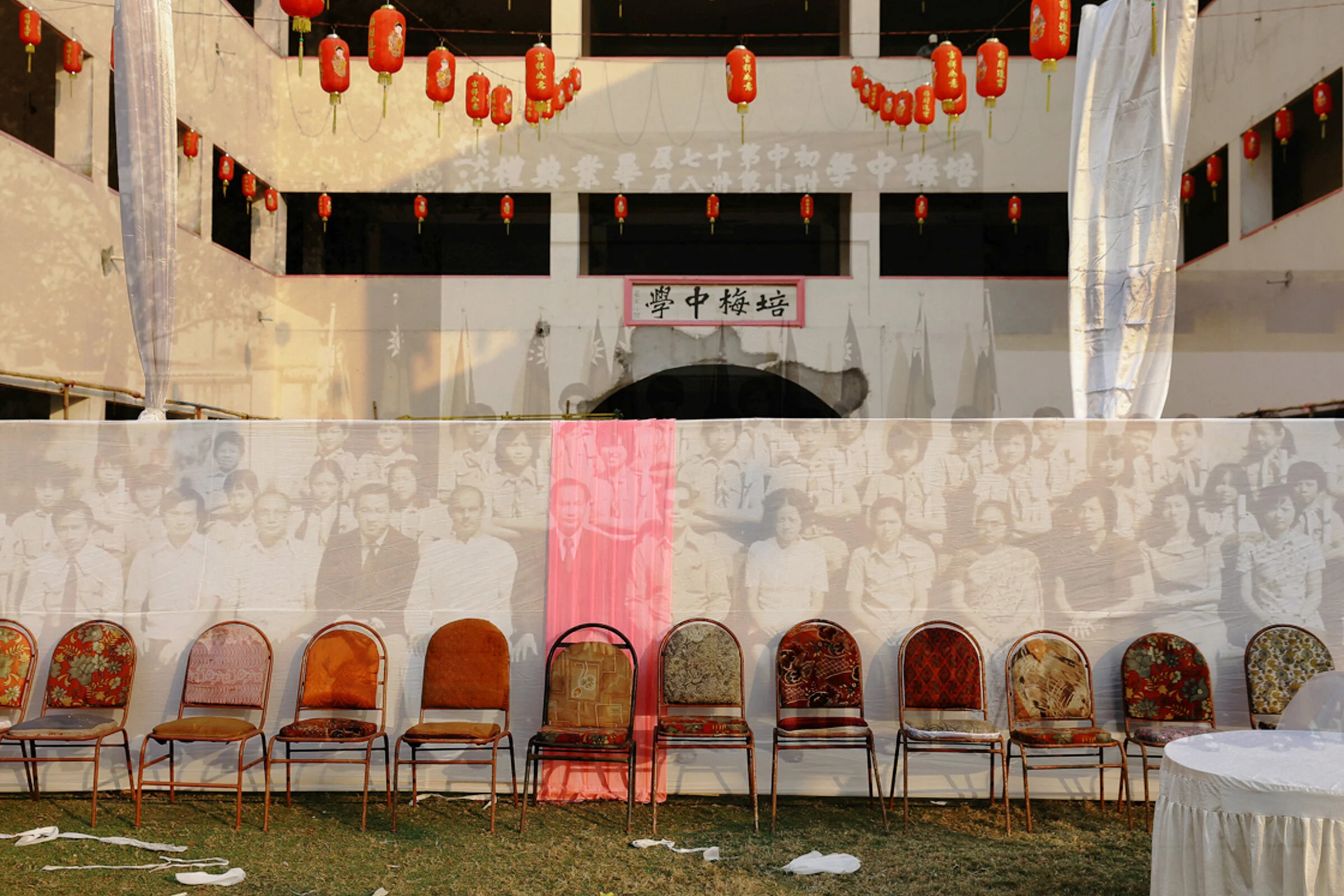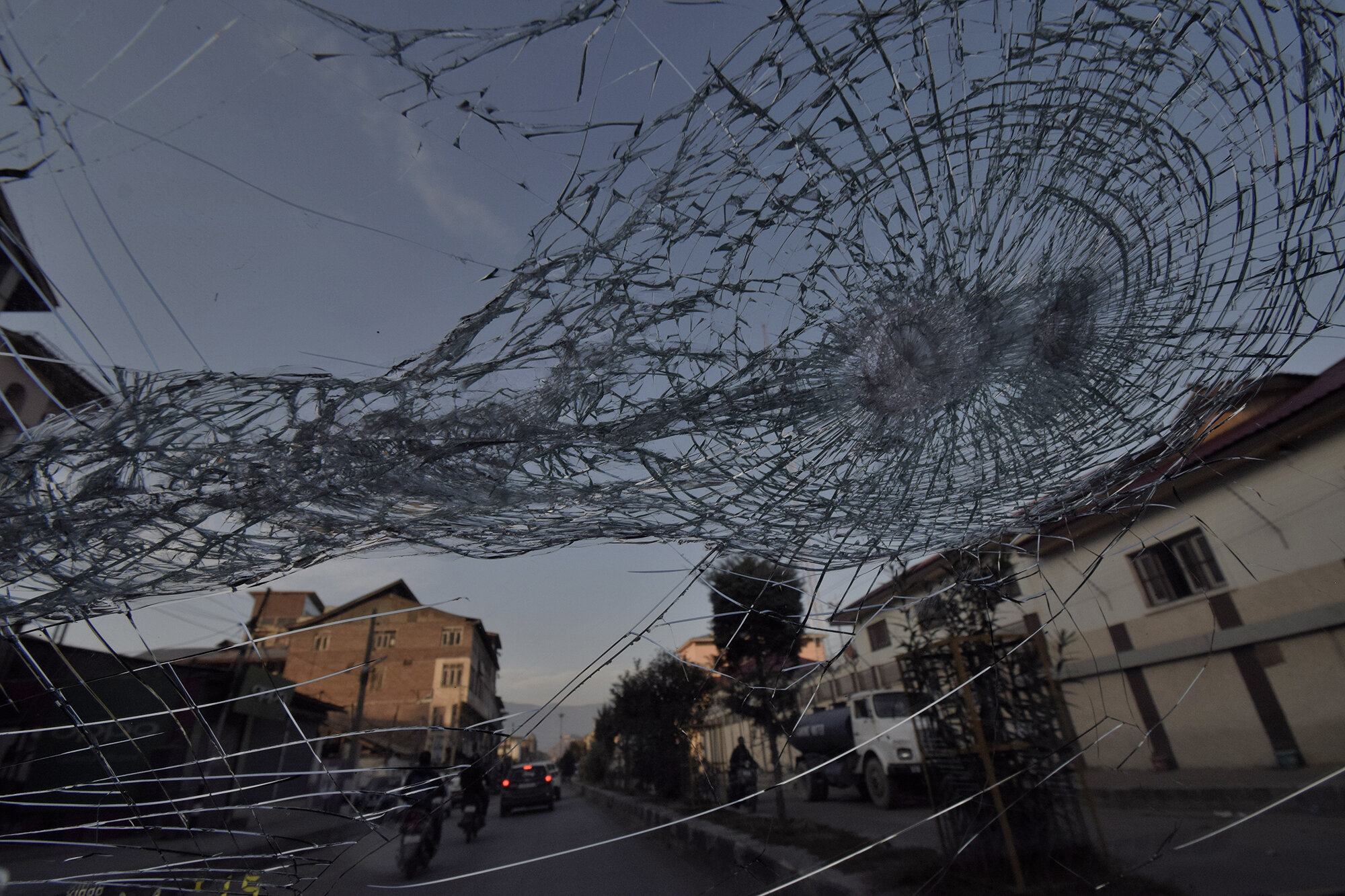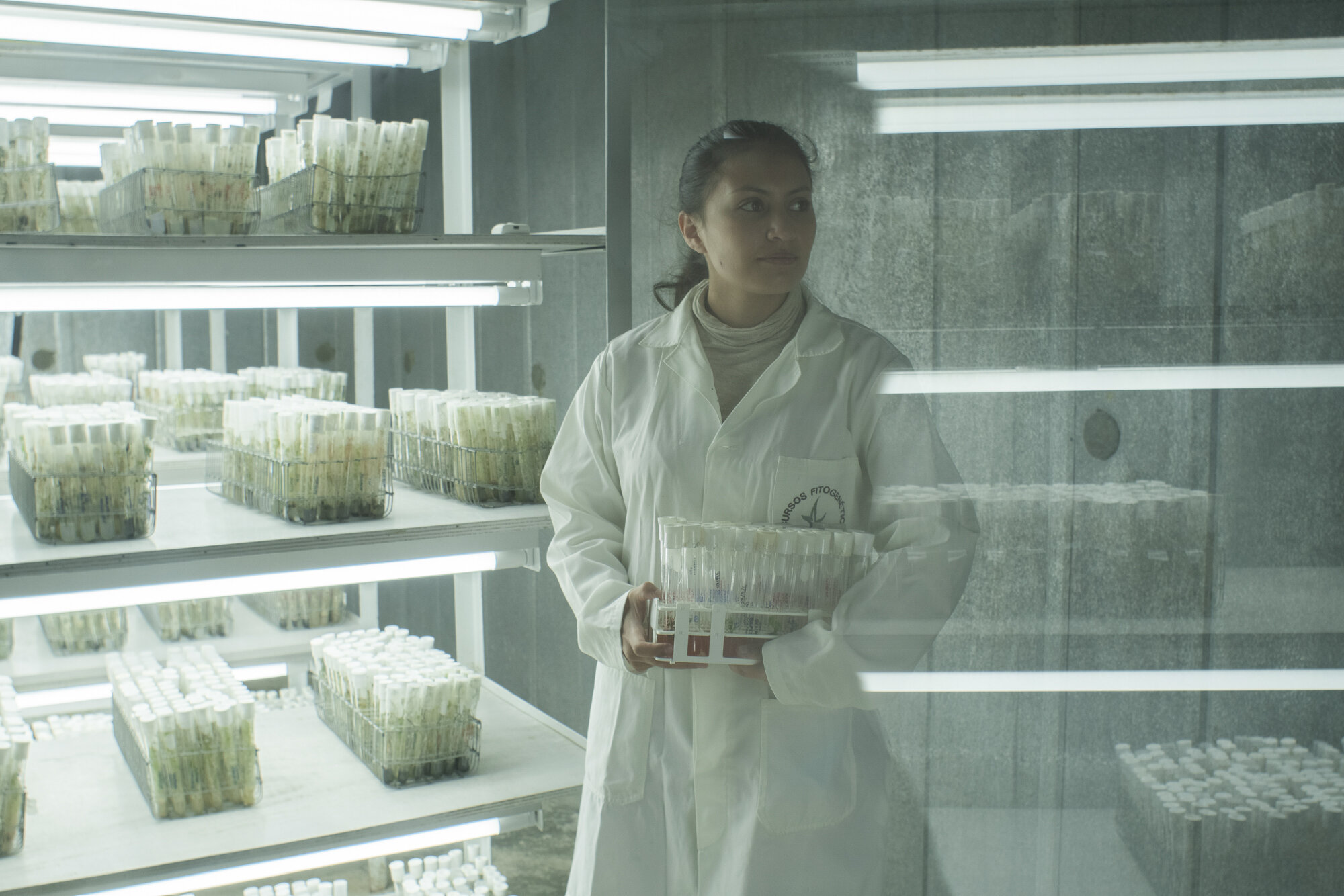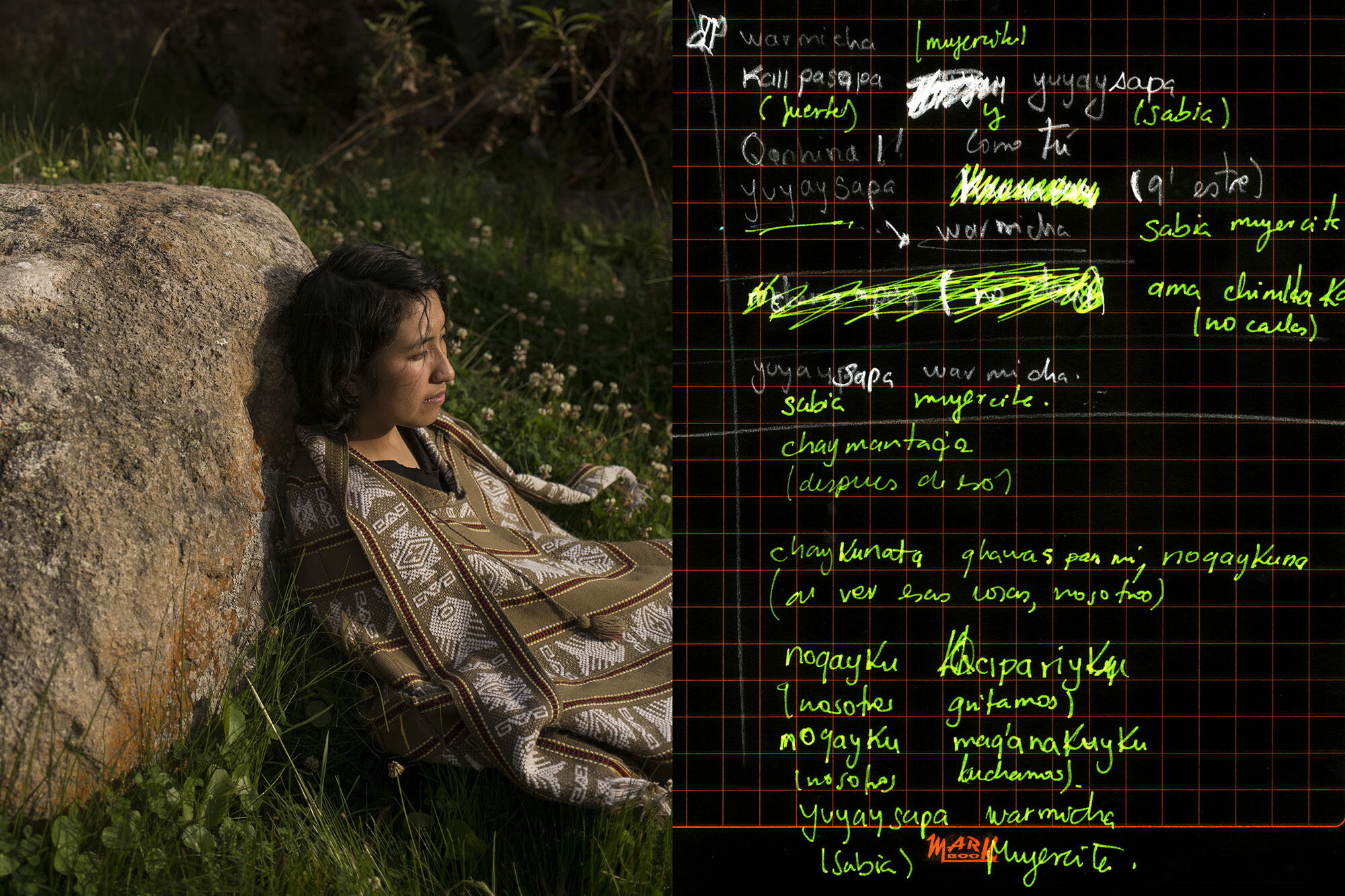2021 Photography and Social Justice Fellows
Fransisca Angela
Magnum Foundation is proud to announce the 2021 Photography and Social Justice Fellows, eleven photographers, artists, and activists who are challenging injustice, pursuing social equity, and advancing human rights through photography. They are:
Johanna Alarcón, Ecuador
Fransisca Angela, Indonesia
Roy Baizan, United States
Jean Bizimana, Rwanda
Citlali Fabián, Mexico
Mohamed Mahdy, Egypt
Sanna Irshad Mattoo, Kashmir
Jaisingh Nageswaran, India
Isadora Romero, Ecuador
Ranita Roy, India
Victor Zea, Peru
Selected from 487 applicants, they join a network of 57 other image-makers that have been trained through this program since 2010. This year’s selection process included former fellows, who reviewed the proposals of applicants working within their regions and areas of expertise.
This program centers the potential for creative storytellers to lead and enact change. “An artist's role is to reconnect people, to make space for humanity to appear,” says Mohamed Mahdy.
Group workshops and intensive mentorship will guide fellows in using their creative skills to amplify movements, to witness, to resist oppression, to pose difficult questions, and to stimulate debate and awareness about the issues they champion.
The fellows will each produce a project over the course of the fellowship and support each other in the project development process. This year’s mentors include Sim Chi Yin, a former fellow, and Sohrab Hura and Newsha Tavakolian, who are both Magnum Foundation board members. Fellows will also receive specialized training on new approaches to socially engaged documentary practice led by Fred Ritchin, Dean Emeritus of the International Center of Photography (ICP) School.
Building on the successes of last year’s transition to an extended, virtual format, this year’s fellowship will also be held remotely. We’re thankful to our 2020 fellows for paving the way for a successful online experience and the remarkable sense of community we were able to uphold and deepen across borders and timezones. 2020 fellow Nolan Ryan Trowe reflected, “as far as finding mentorships and resources, this is one of the most meaningful educational experiences I’ve had, not just in photography but in all of my education.”
We look forward to another year of collaboration with so many talented image-makers, and the ability to continue supporting and growing our global network.
This program is made possible by the generous support of the Open Society Foundations, Genevieve McMillan-Reba Stewart Foundation, The Rosenthal Family Foundation, The Achelis and Bodman Foundation, and Select Equity Group Foundation.
Johanna Alarcón | Ecuador
“Art is about sharing. I believe we have the power to retell human history, unfolding unlimited possibilities that let us see what must be left and what must be fought for.”
Fransisca Angela | Indonesia
“I believe art is a medium to express what we see, how we feel, and therefore can also be utilized as a form of resistance. Ultimately, our role is to make room for another form of narrative so people can reconnect with the wonder of reimagining things.”
Roy Baizan | United States
“To be a photographer can mean so much more than photographing. Stories are the starting point for community engagement; the images we make should celebrate, inspire, and activate the spaces we occupy.”
Jean Bizimana | Rwanda
“My mission is to change the way others see stories from my country and other African nations. I can only do this by a better understanding of how the world sees photography and Rwanda.”
Citlali Fabián | Mexico
“I keep motivated to create because I have witnessed how relevant it is for my people, indigenous groups, to feel encouraged and valued, to preserve our culture, and also to feel proud of our heritage.”
Mohamed Mahdy | Egypt
“An artist's role is to reconnect people, to make space for humanity to appear.”
Sanna Irshad Mattoo | Kashmir
“The word shaheed (martyr) in Urdu also means witness. As a photographer, I take the work of being a witness as sacred. To me, it means respecting someone’s grief, their space to mourn, while also finding new, alternate and subtler ways to tell stories. It means not only having ethical guidelines, but using photography as ethics in practice.”
Jaisingh Nageswaran | India
“I believe our role is to see beyond the world’s blind spots—the invisible corners within oneself and the world around.”
Isadora Romero | Ecuador
“Photography is no longer considered a document of strict historical value, and an image can easily be forgotten. Our job as communicators is to understand that our unique way of looking and narrating reality will account for the world in which we live.”
Ranita Roy | India
“As an artist, our responsibility is to tell stories that matter for society. By turning the lens towards myself, I believe I can tell these stories that matter with a more meaningful engagement and intimacy.”
Victor Zea | Peru
“I live in a country where the inequity is obscene, where there are opportunities but for few people. For me social justice means to generate new paths, build bridges, connections between people; in that way we’ll be able to balance this gap.”

